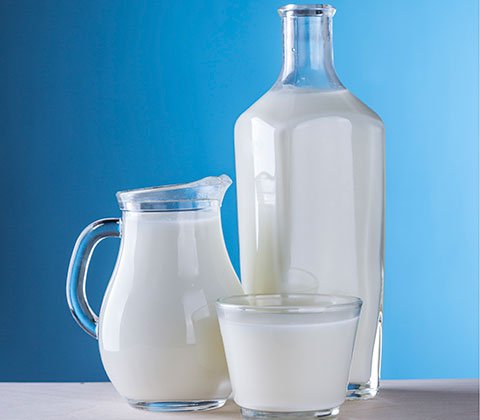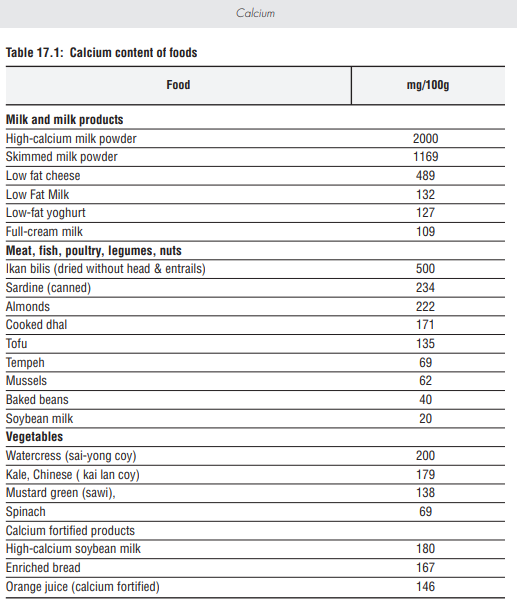Milk: A Nutrient Powerhouse with Controversial Health Implications
Milk is renowned as a nutritional powerhouse, often considered the food with the highest nutrient density, making it a natural dietary staple for infants from ancient times. This association continues to hold true, as milk is the preferred oral nutrition supplement for bedridden patients (1).
Nonetheless, the role of milk in adult diets remains a topic of debate. Some studies argue that daily milk consumption is unnecessary, while others advocate for its regular inclusion (1). Here, we present a breakdown of the considerations to help you decide whether daily milk intake is right for you.

Milk and Obesity
Despite the common perception that full-fat dairy products contribute to weight gain, research has revealed a contrary perspective. In fact, full-fat dairy products might be more effective in weight management than their low-fat counterparts. Walter Willet, a nutrition expert from Harvard School of Public Health, clarifies that the demonization of all fats emerged in the 1950s and 1960s when saturated fats were linked to high cholesterol and increased heart disease risk (2).
However, reducing saturated fat in food products or diets often leads to their replacement with sugars or carbohydrates. The downside to this substitution is that carbohydrates do not provide the same feeling of fullness as fats, causing increased food consumption (2). Some studies even suggest that the more sugar we consume, the stronger our cravings become, akin to an addiction (3).

Modern Milk Dilemma
Modern milk options have evolved to cater to various preferences and dietary needs, from animal-based milk to plant-based alternatives. The variety of choices makes selecting the right milk a bit tricky, especially given the differing nutritional profiles.
Choosing the Right Milk
If your goal is to use milk to promote a sense of fullness and avoid excessive food intake, full cream milk is a suitable choice. However, be mindful of monitoring your overall calorie intake and opt for milk with lower sugar content. On the other hand, if you tend to obtain fats from other food sources, opting for low-fat milk is advisable while remaining vigilant about sugar content. In essence, prioritize milk with minimal sugar, saturated fat, and trans-fat content, as these components have been associated with various health complications.
Plant-based milk alternatives may not necessarily be healthier than cow's milk, as they could contain higher sugar levels. However, they are an environmentally friendly choice, with soy milk, almond milk, oat milk, and rice milk producing fewer carbon emissions and greenhouse gases compared to cow's milk.
Pros and Cons of Milk
The decision of whether to incorporate milk into your daily diet remains a subject of debate. Factors such as your dietary intake and body weight play a pivotal role in determining the daily milk consumption that suits you. For individuals with normal weight, one glass of milk per day may suffice, while those who are underweight might consider upping their intake to two glasses. Yet, it is essential to balance the intake of beneficial fats from milk with the reduction of harmful fats from sources such as deep-fried foods, foods high in trans-fats, and those with high saturated fat content.
In Malaysia, where a significant portion of the population is overweight or obese, reconsidering daily milk consumption may be prudent. The key is to ensure you meet your daily calcium requirements, which can also be obtained from alternative sources like anchovies, sardines, almonds, kale, and various other foods (5,6).

Fact Check (5,6)
-
Saturated fat is often high in animal-based and certain plant-based foods, such as coconut milk (santan). Excessive intake is linked to elevated blood cholesterol levels and an increased risk of heart disease. Notably, many coconut milk products claim to be cholesterol-free, despite containing high levels of saturated fat.
-
Trans fat is a man-made fat produced through hydrogenation, which raises bad (LDL) cholesterol and lowers good (HDL) cholesterol levels. Consuming trans fats increases the risk of heart disease, stroke, and type 2 diabetes. Examples of foods that may contain trans fats include doughnuts, cookies, crackers, muffins, pies, fast food, and cakes.

References
- Ask the Experts: Is Milk is good for you? https://www.healthline.com/health/food-nutrition/experts-is-milk-good-for-you (Accessed on November 23, 2020).
- Harvard T.H. Chan School Public Health. Calcium and Milk. https://www.hsph.harvard.edu/nutritionsource/what-should-you-eat/calcium-and-milk/ (Accessed on November 24, 2020).
- Avena, N. M., Rada, P., & Hoebel, B. G. (2008). Evidence for sugar addiction: behavioral and neurochemical effects of intermittent, excessive sugar intake. Neuroscience and biobehavioral reviews, 32(1), 20–39. https://doi.org/10.1016/j.neubiorev.2007.04.019
- Harvard T.H. Chan School of Public Health. Milk not necessary for adult, should be good option for kids. https://www.hsph.harvard.edu/news/hsph-in-the-news/milk-health-adults-kids/ (Accessed on November 20, 2020)
- Ministry of Health (MOH). Fats and cholesterol. http://www.myhealth.gov.my/en/dietary-for-hypercholesterolemia/ (Accessed on November 23, 2020).
- American Heart Association (AHA). Trans Fat. https://www.heart.org/en/healthy-living/healthy-eating/eat-smart/fats/trans-fat (Accessed on November 24, 2020).




